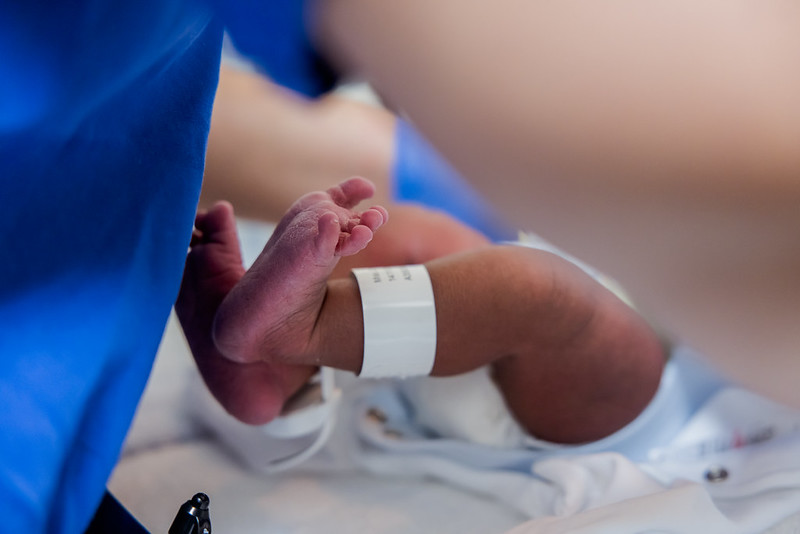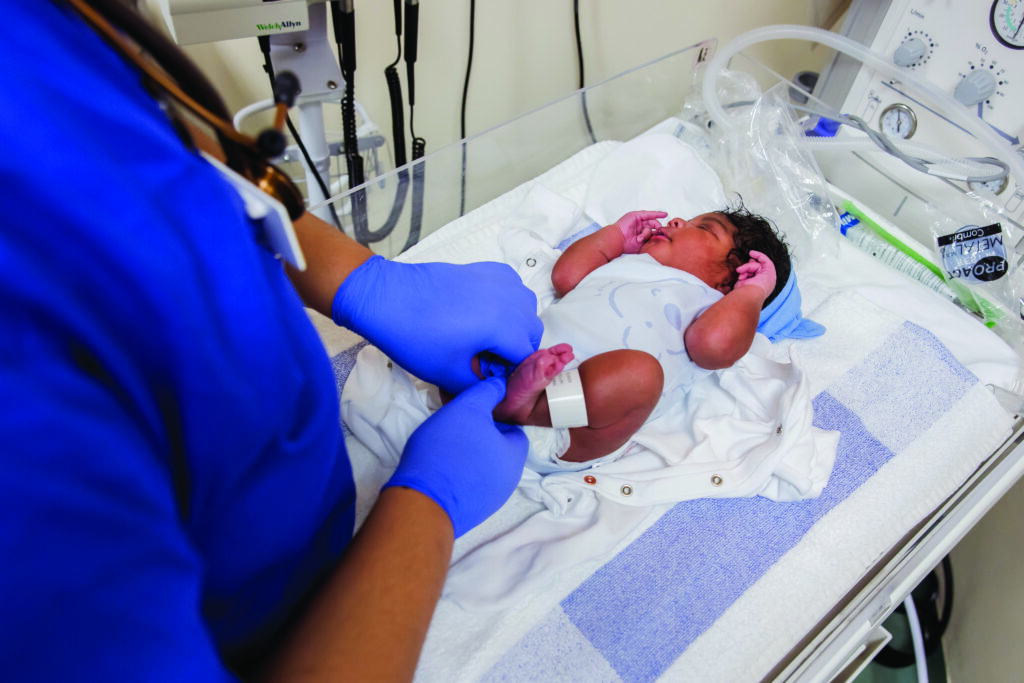The Royal College of Midwives (RCM) has said findings that show midwives are undertaking training in their own time further shows the impact that midwife shortages are causing to staff across NHS maternity services.
A survey by baby loss charity Sands published today has found that most midwives across 117 UK health Trusts and Boards are expected to undertake bereavement care training in their own time.
Only 49% of NHS Trusts and Boards surveyed by Sands provided bereavement care training to staff and only 12% of those who did allowed for that training to happen during working hours.
Commenting, the RCM’s Chief Executive Gill Walton said;
“When a heart-breaking loss of a baby happens it is so important that the bereaved families receive the best care and support possible. That is why Trusts and Boards with maternity services should be doing all they can to strengthen the care they are providing to families at such a tragic time, which means ensuring that staff who need bereavement care training can access it. Furthermore, that training should be taking place during working hours. To expect staff to attend training related to their role in their own time is utterly unfair.”
Working closely with Sands as part of its One Voice partnership the RCM supports the National Bereavement Care Pathway (NBPC) standards for bereavement care. These standards call for all maternity staff who come into contact with bereaved parents to supported by their Trust or service to access and attend training.
The RCM says that while midwifery education and training covers bereavement at a basic level, it is vital that those who require further professional development or those who specialise in bereavement care are given adequate time off during working hours to attend training.
Gill added:
“What we are seeing far too often is many midwives and maternity support workers (MSWs) booked to attend vital training across a range of areas, including safety, are having to postpone. Because of understaffing, they have no choice but to stay on shift to plug the staffing gaps and to care for women and their babies. In the long run this can have serious implications for the quality and safety of care if training is not kept up to date. It’s a vicious circle. so many reports say midwives need more training, but we aren’t given enough midwives to enable this to happen proficiently.”
The RCM says while there are some maternity services running excellent bereavement support services with specialist midwives and MSWs, in some areas provision remains patchy and needs to be improved.
The College says it is also important that we strive to reduce the number of baby deaths and to do all we can to prevent these tragedies from happening. England has seen recent reduction the numbers of stillbirths and the RCM says that must continue but delivering safe personalised care can’t be done without enough staff.
ENDS
To contact the RCM Media Office call 020 7312 3456, or email media@rcm.org.uk
Notes to editors
- More information on Sands report – Access to Bereavement Care Training available here Sands latest media
- RCM webinar series: bereavement care
- Maternity Support Workers wins national RCM Award for bereavement care
- More on RCM’s One Voice partnership here
About the RCM
The Royal College of Midwives (RCM) is the only trade union and professional association dedicated to serving midwifery and the whole midwifery team. We provide workplace advice and support, professional and clinical guidance, and information, and learning opportunities with our broad range of events, conferences, and online resources. For more information visit the RCM | A professional organisation and trade union dedicated to serving the whole midwifery team.

